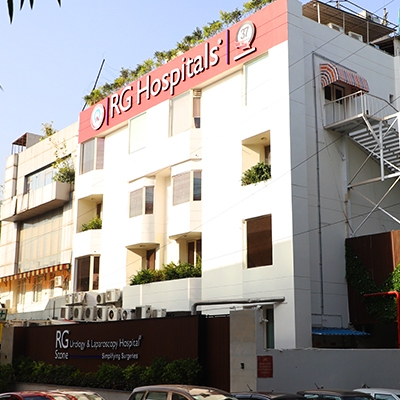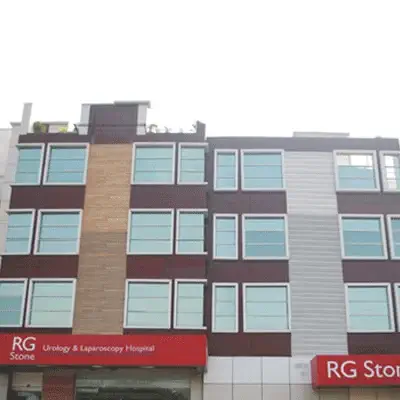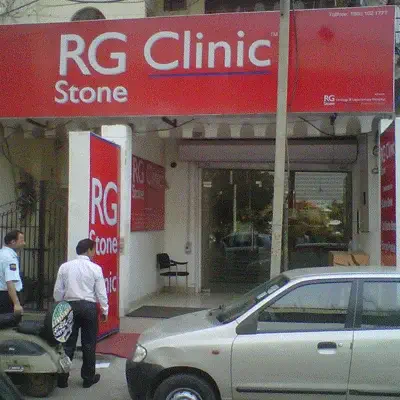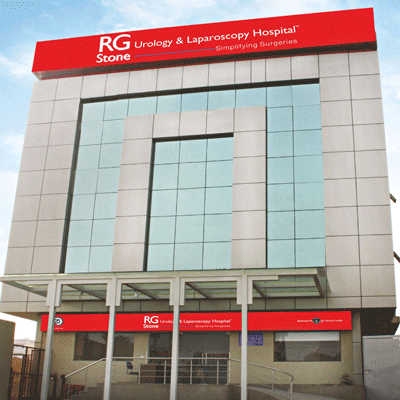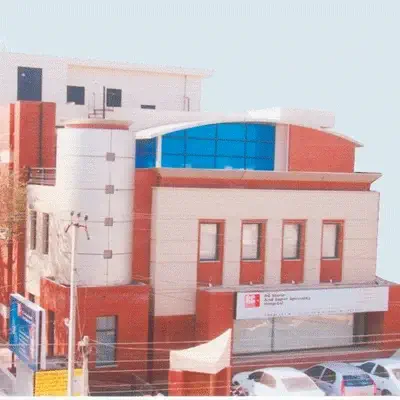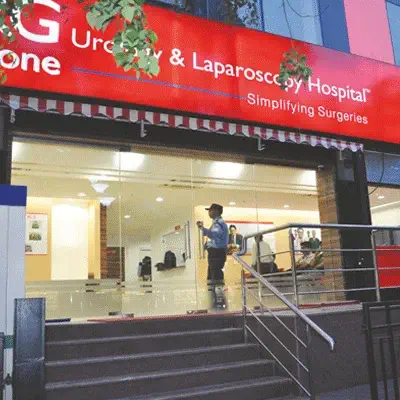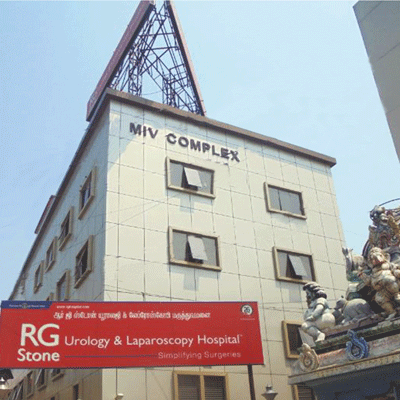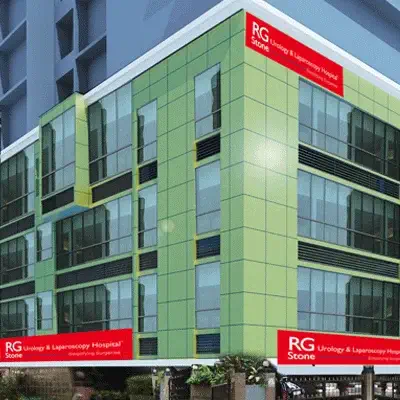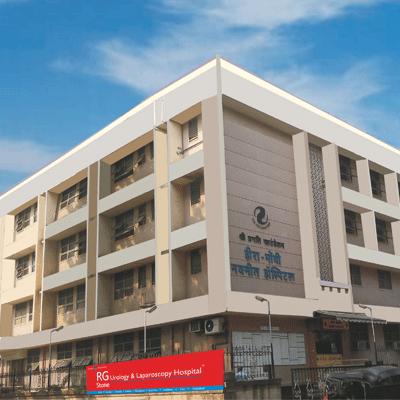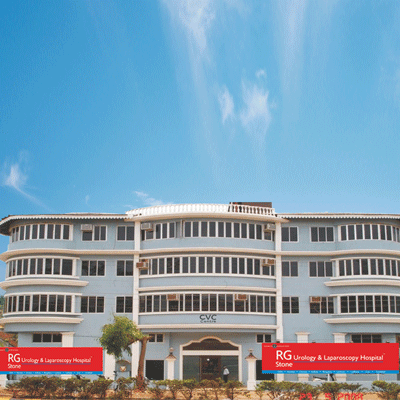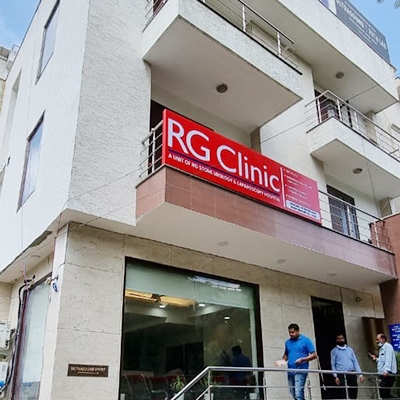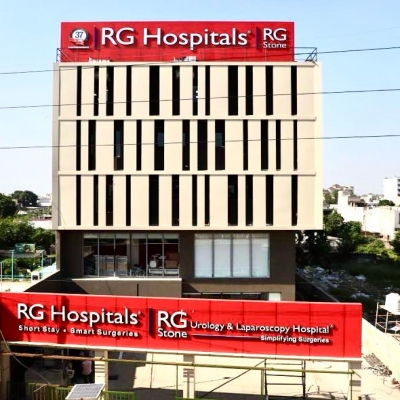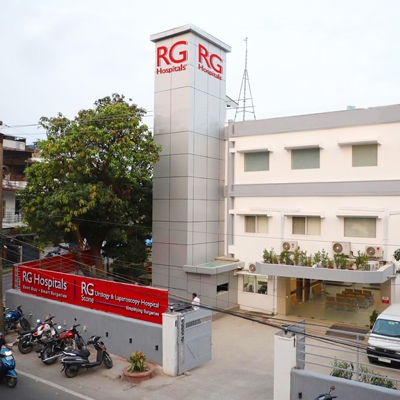Peritoneal dialysis is a form of kidney dialysis that uses the patient's own peritoneal membrane in the abdomen as a filter to remove waste products and excess fluids. Unlike hemodialysis, which uses a machine, peritoneal dialysis involves filling the abdomen with a special dialysis fluid through a catheter. The fluid absorbs waste and is then drained, a process that is typically done several times a day or overnight. Peritoneal dialysis is considered gentler on the body compared to hemodialysis and offers greater independence for patients, as it can be performed at home. It is particularly beneficial for those who prefer a less invasive treatment option.
Procedures & Interventions
CAPD is a manual process where the patient manually performs fluid exchanges 4-5 times a day. It is a convenient option for those who prefer to be more involved in their treatment and can be done without the need for a machine.
APD involves a machine that performs the fluid exchanges automatically, typically during the night. This method offers the convenience of being able to complete treatment while sleeping, allowing the patient to carry on with daily activities during the day.
Proper care of the catheter insertion site is essential to prevent infections. The patient must follow strict hygiene protocols, including regular cleaning of the catheter area, to minimize the risk of peritonitis, an infection of the abdominal lining.
Patients undergoing peritoneal dialysis need to make dietary modifications to prevent fluid overload and manage electrolytes. This often includes restricting fluid intake, as well as limiting potassium and sodium consumption to reduce the strain on the kidneys.
If an infection like peritonitis occurs, antibiotics are typically used to treat it. Early detection of infections is critical in preventing severe complications that could compromise the effectiveness of dialysis or require hospitalization.
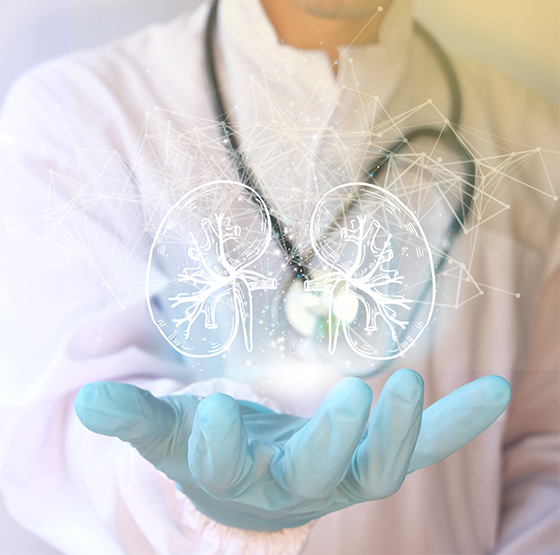
CAPD is a manual process where the patient manually performs fluid exchanges 4-5 times a day. It is a convenient option for those who prefer to be more involved in their treatment and can be done without the need for a machine.
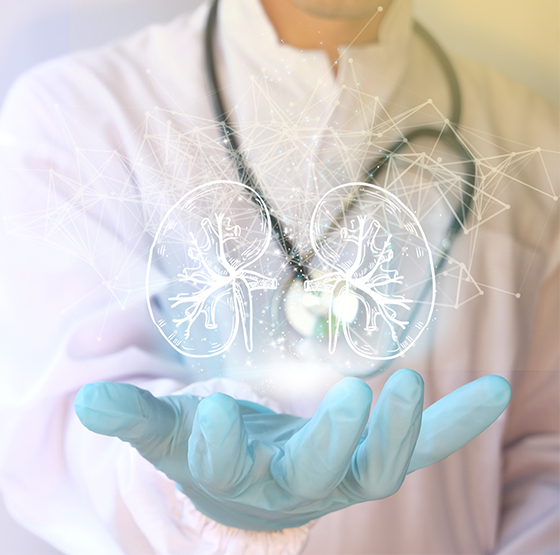
APD involves a machine that performs the fluid exchanges automatically, typically during the night. This method offers the convenience of being able to complete treatment while sleeping, allowing the patient to carry on with daily activities during the day.

Proper care of the catheter insertion site is essential to prevent infections. The patient must follow strict hygiene protocols, including regular cleaning of the catheter area, to minimize the risk of peritonitis, an infection of the abdominal lining.
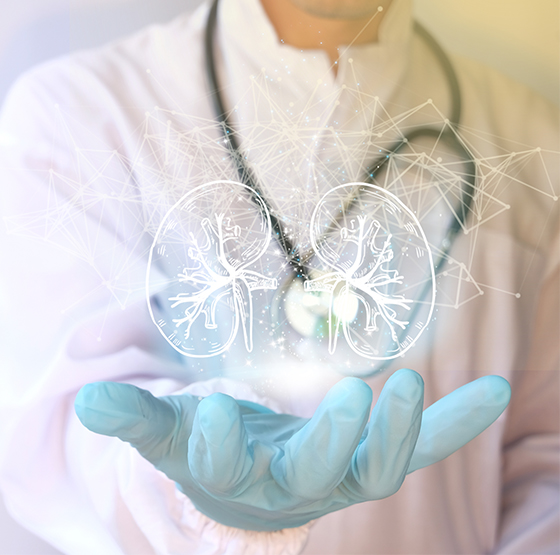
Patients undergoing peritoneal dialysis need to make dietary modifications to prevent fluid overload and manage electrolytes. This often includes restricting fluid intake, as well as limiting potassium and sodium consumption to reduce the strain on the kidneys.
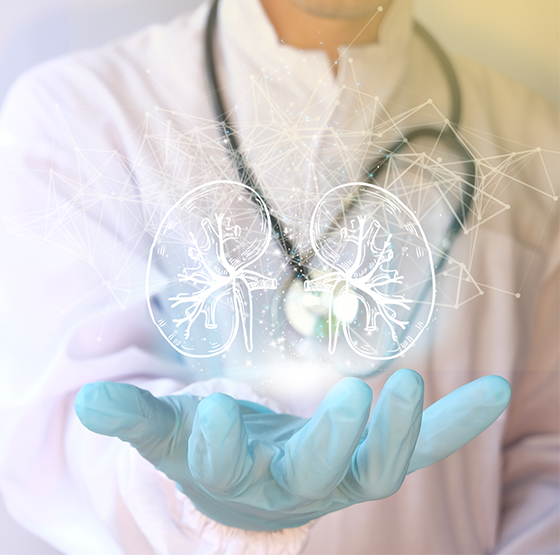
If an infection like peritonitis occurs, antibiotics are typically used to treat it. Early detection of infections is critical in preventing severe complications that could compromise the effectiveness of dialysis or require hospitalization.
Team of Excellence
Behind every recovery story at RG Hospitals is a team of exceptional doctors whose passion for healing and innovation continues to transform healthcare and redefine patient outcomes.
Find a DoctorLooking for an Expert
RG Hospitals is proud to be the home of some of the world's most distinguished doctors.

Patient Stories
View AllPatient Testimonial | Commitment To Care
Treated by Dr. Manoj Gupta , RG Stone Hospital, Dehradun
- All Locations
- New Delhi
- Haryana
- Punjab
- Kolkata
- Chennai
- Mumbai
- Goa
- Uttar Pradesh
- Uttarakhand


